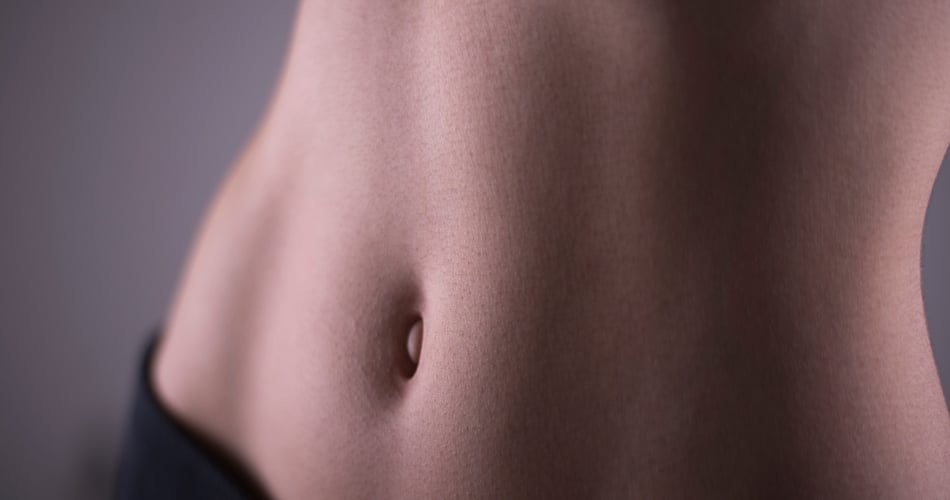Irritable bowel syndrome (IBS) is an elusive condition. Sometimes it’s bad, sometimes it’s manageable.

Sometimes you can tolerate a certain food, and sometimes you can’t. You look healthy from the outside, but on the inside your gut is, well, irritable. It can be downright uncomfortable and when you last went to the bathroom can quickly become a pre-occupation.
This gastrointestinal condition is characterised by altered bowel habits, with some people tending towards constipation, others towards diarrhoea, while others alternate between the two. There is usually abdominal pain and bloating.
IBS is a common and notoriously difficult to treat disorder which impairs quality of life and productivity.
How to treat Irritable Bowel Syndrome
2. Mainstream options
There is a limited selection of pharmaceutical options for treating irritable bowel. Further, benefits of drug treatments can be modest and come with a risk of side effects.
The emotional connection with IBS It is not always the case, but a high proportion of cases report a link between their symptoms and stress. Some IBS sufferers describe themselves as worriers.
Being a chronic condition, it’s not always easy to know whether the original cause was stress, or the tendency to feel stressed is a result of the physical condition. Either could potentially be the cause of the other.
Fortunately though, an answer to this question isn’t particularly relevant to treatment. Both are, usually, intricately part of the pathology. If there is pain and bloating and irregular bowel movements, we can work towards treating these. If there is stress or anxiety, we can work on this too.
Interestingly, clinical trials and research exploring both Eastern and Western treatments, report a higher placebo effect with IBS than would usually be expected, which may in some way fit with emotional connection that IBS is known to have. This said, there are also treatment options which can achieve results above and beyond placebo.
2. Treating IBS with acupuncture
Acupuncture can achieve some very good results in treating IBS with regards to reduction of symptoms and general improvement to quality of life.
In two similar studies (1, 2) where participants were assigned to acupuncture treatment or a control group who were allowed to continue with standard medical care for IBS, including any prescribed medications, but not any additional IBS treatment, 63% of the acupuncture group reported improvement in symptom severity compared to 34% in the no treatment group.
At a follow up after the end of treatment in one of these studies, the acupuncture group maintained significant improvement for quality of life scores.
Of course clinical trials can be very controlled and standardised. Also, in these studies,only 6 acupuncture treatments were given. In practise, treatment would usually extend beyond this and be more individualised.
A standard treatment course might usually involve 6 weekly treatments followed a couple of fortnightly sessions before moving to a few more treatments at monthly intervals.
In practise, there is also the option of combining acupuncture with herbal medicine, the other arm of Chinese medicine.
IBS Treatment Orange
Wanting to do something about your IBS? Call us to make an appointment or answer any questions you might have.
References:
- Lembo AJ, Conboy L, Kelley JM, Schnyer RS, McManus CA, Quilty MT, et al. A treatment trial of acupuncture in IBS patients.
American Journal of Gastroenterology 2009;104(6):1489-97. - Reynolds JA, Bland JM, MacPherson H. Acupuncture for irritable bowel syndrome – an exploratory randomised controlled trial.
Acupuncture in Medicine 2008;26(1):8-16.